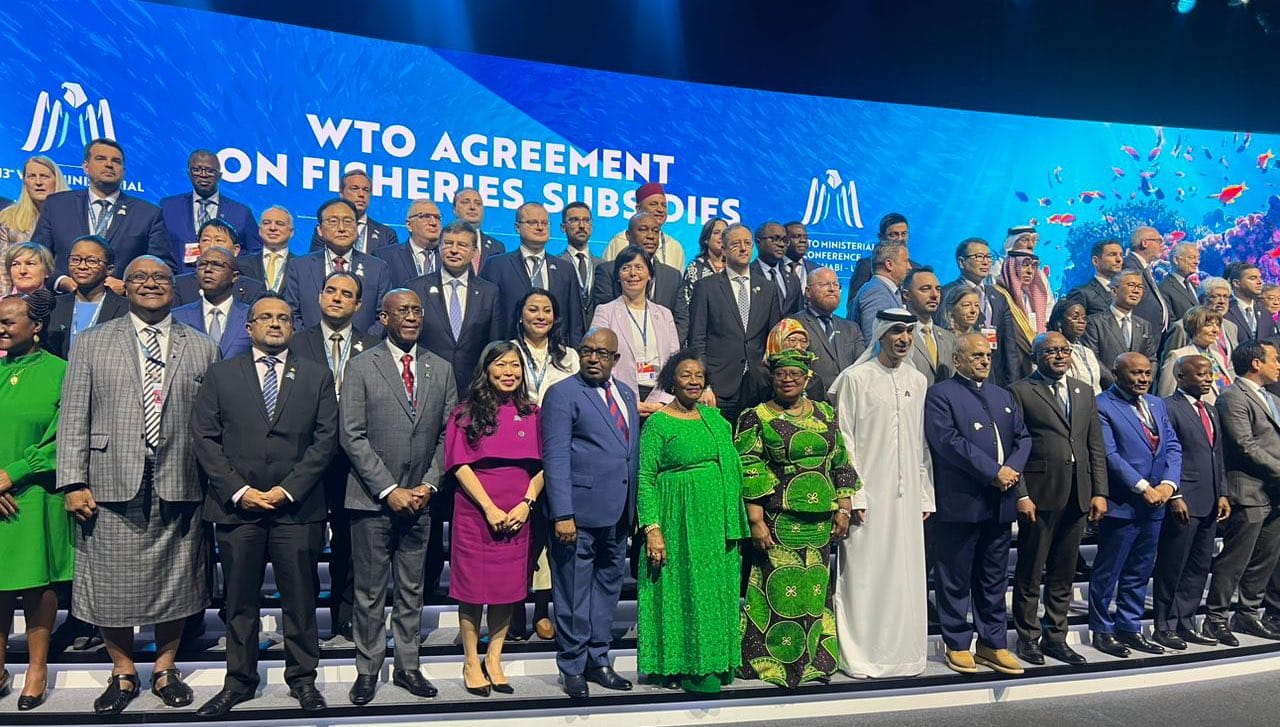No deal was reached at the World Trade Organization 13th Minister’s Conference that ended yesterday in Abu Dhabi, UAE, on the highly contentious aspect of its Agreement on Fisheries Subsidies — that of overfishing and overcapacity, much to the disappointment of the Pacific delegation, led by Minister for Trade Manoa Kamikamica.
In an emotional speech following four days of intense negotiation, which were extended for an additional day, Mr Kamikamica admitted almost losing faith in the global trade body.
“Pacific islands came to this conference in the hope that we would actually conclude Fisheries Wave 2. When we got to the conference, we knew that we had a big task ahead of us. We had been tasked by our leaders to put a quantum cap or a standstill on the Fisheries Subsidy. And we thank the chair, director general that we were able to have a conversation with the largest players in the tuna subsidised industry,” he said.
“Just imagine that – the small islands of the Pacific negotiating as equal with some of the largest economies of the world. It actually renewed my confidence in the WTO because that’s what it’s all about. That it also looks after the little people.”
Last week, Mr Kamikamica had told Pacific journalists that the Pacific team “is fighting hard to get the WTO to listen to the voice of the Pacific,” adding it was “clear that in this meeting, the big fishery subsidisers are influencing a lot of the negotiations.”
Pacific countries represented were Tonga, Samoa, Solomon Islands, Vanuatu, Papua New Guinea and Fiji, with the notable absence of the Pacific’s major tuna producing nations Kiribati, Nauru, Tuvalu, Federated States of Micronesia (FSM) and Marshall Islands who are not members of the WTO. As a collective however, Pacific island nations, including Fiji, under the membership of the Western and Central Pacific Fisheries Commission in FSM are custodians of the world’s only remaining healthy fishery that supplies more than 50 per cent of the world’s tuna.
“Now and again, history calls upon us to actually stand up and rise to the occasion. I’m afraid that today we have let history down,” Mr Kamikamica said.
China, the European Union, the United States, South Korea and Japan are among the world’s top subsidisers as they support their fishing industries with subsidies on fuel and boat building costs that encourage their fleet to fish further out in distant waters, putting pressure on global fish stock.


